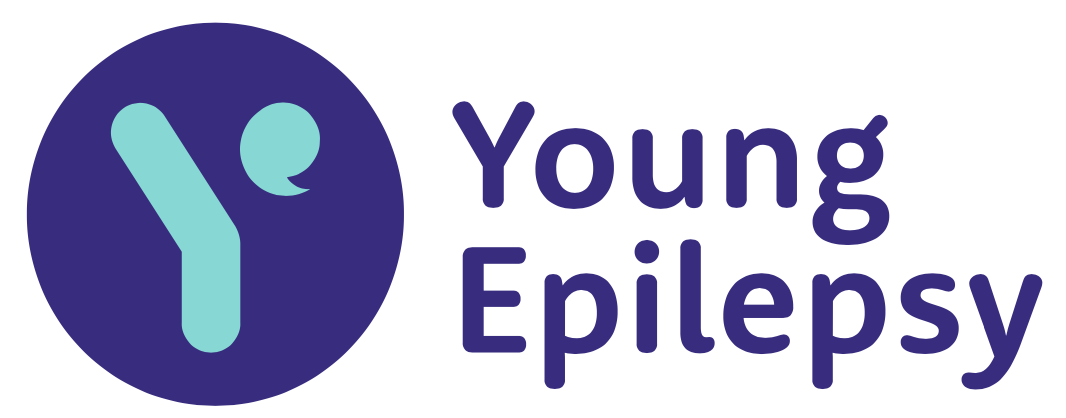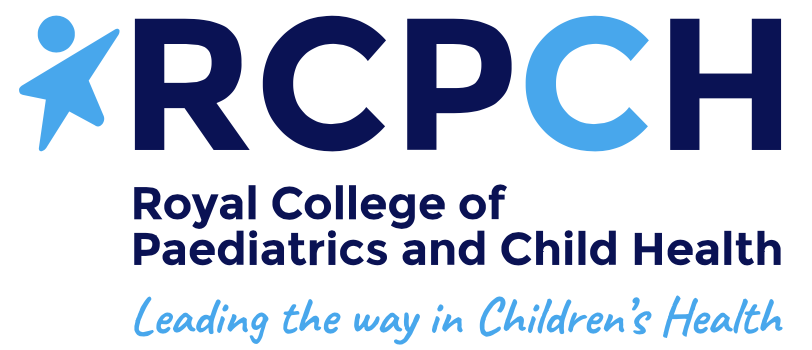Epilepsy: What is it?
Epilepsy is a condition that affects the brain and causes seizures. Electrical activity is happening in our brains all the time, as networks of tiny brain cells send messages to each other.
These messages control all our thoughts, movements, senses, and body functions. A seizure happens when there is a sudden, intense burst of electrical activity, or misfire, in the brain. This causes the messages between cells to get mixed up. The result is an epileptic seizure. These things have lots of names like fits, seizures, funny turns, and attacks.
Do you have epilepsy?
There are more than 50,000 children with epilepsy in the UK, so you’re not alone!
Want to know more? Explore this site to learn all about epilepsy.
What happens when you have a seizure?
How a seizure affects someone depends on what area of the brain is involved. A person might lose consciousness or might stay aware of what’s happening around them. They might have strange sensations, or movements they can’t control, or they might go stiff, fall to the floor and shake. Other things that might happen are shaking, jerking, drooling, losing focus, and vomiting. Some people may also wet themselves. Some people may get a warning before a seizure called an aura. Some people may feel confused or tired after the seizure.
Anyone can have a one off seizure, but it doesn’t always mean they have epilepsy. People are usually only diagnosed with epilepsy by a doctor if they have more than one seizure.
When does epilepsy start?
Epilepsy can start at any age and there are many different types.
Children can grow out of some types of epilepsy. For many people, epilepsy is a life long condition.
Living with epilepsy and how it makes you feel
Epilepsy can be frightening, and it can feel lonely. Sometimes other people don't understand what it's like to live with epilepsy. Most people with epilepsy lead full, active lives, attend school, participate in sports, and have no other medical problems. Many young people with epilepsy can fully control their seizures with medication. Some may grow out of their epilepsy.
Young people living with epilepsy say how important it is for them to understand their condition. Making connections with other young people and hearing their experiences can really help.
Further information
![]() Epilepsy Action has information about epilepsy and living with epilepsy.
Epilepsy Action has information about epilepsy and living with epilepsy.
 Young Epilepsy supports children and young people with information and advice about living with epilepsy.
Young Epilepsy supports children and young people with information and advice about living with epilepsy.
 Royal College of Paediatric and Child Health information following a first seizure without fever for parents and young people.
Royal College of Paediatric and Child Health information following a first seizure without fever for parents and young people.
The Channel is an online space by Young Epilepsy for young people living with epilepsy, including a mental health and wellbeing space and a chance to become a young rep.




